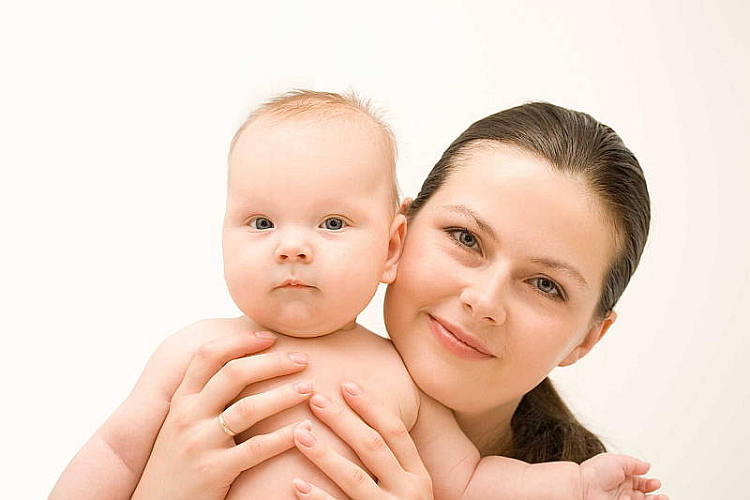
Women who have just given birth often have to deal with a wide range of health issues that flare up after delivery. One of these illnesses is postpartum thyroiditis. Whilst the exact cause of this thyroiditis after pregnancy is not known, it is important that you understand how this illness affects you and what can be done about it.
What Is Postpartum Thyroiditis
Postpartum thyroiditis occurs when the thyroid gland is inflamed. One key indicator of this illness is the presence of the anti-thyroid antibodies known as anti-thyroglobulin and anti-thyroid peroxidase. Most women who suffer from this form of thyroiditis have these antibodies present before giving birth, but the actual problem develops after the delivery of the baby. In many cases, it is believed that the delivery triggers an underlying form of autoimmune thyroiditis that was already present, yet showed no noticeable symptoms. After delivery, however, symptoms often develop within the first six months.
Whom It Affects
Postpartum thyroiditis generally affects up to 10% of women who have recently given birth. While the cause of this condition is not understood completely, there are certain women who have shown higher risks of developing this illness:
- Women with positive levels of anti-thyroid antibodies
- Women who have other autoimmune disorders
- Women who have had previous thyroid problems
- Previous pregnancy where postpartum thyroiditis developed
- Other family members who had thyroid problems
What It Does
There are actually two phases to this condition, and they are marked by the differing levels of thyroid hormone in the body. The first phase is thyrotoxicosis, which is triggered when immune system activity causes the thyroid hormone to seep into the bloodstream. This causes an increase in thyroid hormone levels, which leads to several different symptoms, including:
- Irregular heartbeat
- Increased anxiety levels
- Sudden irritability or mood swings
- Insomnia
- Weight loss that is not triggered by dietary or lifestyle changes
The second phase of postpartum thyroiditis, called hypothyroidism, occurs when the thyroid is no longer able to produce the same levels of the thyroid hormone. This leads to the levels of the hormone in the bloodstream to drop, which them causes another, different set of symptoms:
- Unexplained weight gain
- Lack of energy
- Skin that is much dryer than usual
- Depression
- Changes in bowel function
As with many illnesses, not all women will experience every symptom, especially those associated with low hormone levels. Some women may only experience high or low levels of thyroid hormone, rather than going through both stages.
Diagnosis
A diagnosis of postpartum thyroiditis is often made during the hypothyroid phase due to the similarity of the symptoms with those of postpartum depression. Many women are initially given a diagnosis of depression during the first phase, only to discover that the symptoms were related to thyroid hormone levels when these levels drop.
The thyrotoxic phase of postpartum thyroiditis generally lasts for around one to four months. The hypothyroidism phase can continue for as long as one year after pregnancy.
Treatment
The treatment for postpartum thyroiditis depends on which phase is currently active. For those in thyrotoxicosis that are dealing with higher levels of tremors and heart palpitations, medications called beta-blockers may be used. For those in the second stage of the illness, thyroid hormone therapy may be used until the thyroid begins functioning normally.
If symptoms of either stage are not bothersome, many women will not require additional therapies to address the levels of thyroid hormone. For most patients, all symptoms will resolve on their own after thyroid function returns to normal.
